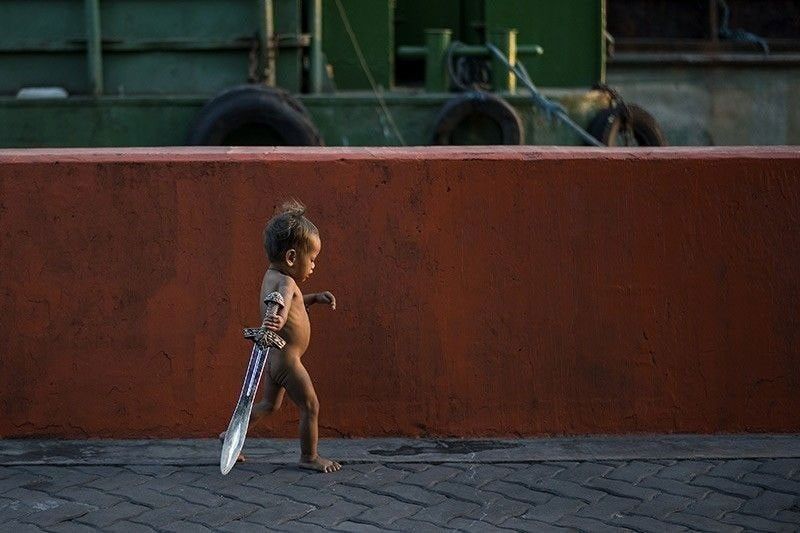P9.7 billion World Bank loan to address Pinoy kids’ stunting

MANILA, Philippines — The Philippines has secured a $178.1-million loan (P9.7 billion) from the World Bank to address the worsening undernutrition and stunting among Filipino children.
The Washington-based multilateral lender approved the Philippine Multisectoral Nutrition Project that aims to support the delivery of nutrition and health care services at the primary care and community levels to help reduce stunting.
Childhood stunting or the prolonged nutritional deficiency among infants and young children in the Philippines remains a pressing issue and is considered a silent pandemic in the country.
The project will cover 235 municipalities with high incidence of poverty and malnutrition in the Philippines.
World Bank country director Ndiame Diop emphasized that the persistence of high levels of childhood undernutrition in the Philippines, exacerbated by the pandemic, could lead to a significant increase in inequality of opportunities in the country.
“Stunted children tend to be sickly, learn less, more likely to drop out of school and their economic productivity as adults can be clipped by more than 10 percent in their lifetime,” Diop said.
“Improving the nutritional status of children is key to the country’s goals of boosting human capital while strengthening the country’s economic recovery and prospects for long-term growth,” he said.
According to the World Bank, the project will deliver a package of nutrition-specific and nutrition-sensitive interventions across local government units together with a social behavior change and communications interventions.
Households with pregnant women and children under two years stand to benefit from the project. The project will also support behavioral change campaigns for targeted households and communities to adopt behaviors crucial to improving nutrition outcomes for women and children.
These include proper hand washing, improved sanitation and access to safe drinking water, early child-care and development, nutrition-focused child-care development activities, and promoting access to social protection programs.
Further, interventions will focus on the first 1,000 days of life – from conception through pregnancy and birth, the newborn period, infancy, and transition to primary school – a critical period of children’s development.
World Bank senior nutrition specialist Nkosinathi Mbuya argued that undernutrition and exposure to risks and adversities during the first 1,000 days of a child’s life can disrupt cognitive, emotional, and physical development.
Mbuya said this could hold children back from reaching their full potential, thus affecting the formation of the country’s human capital.
- Latest
- Trending



























